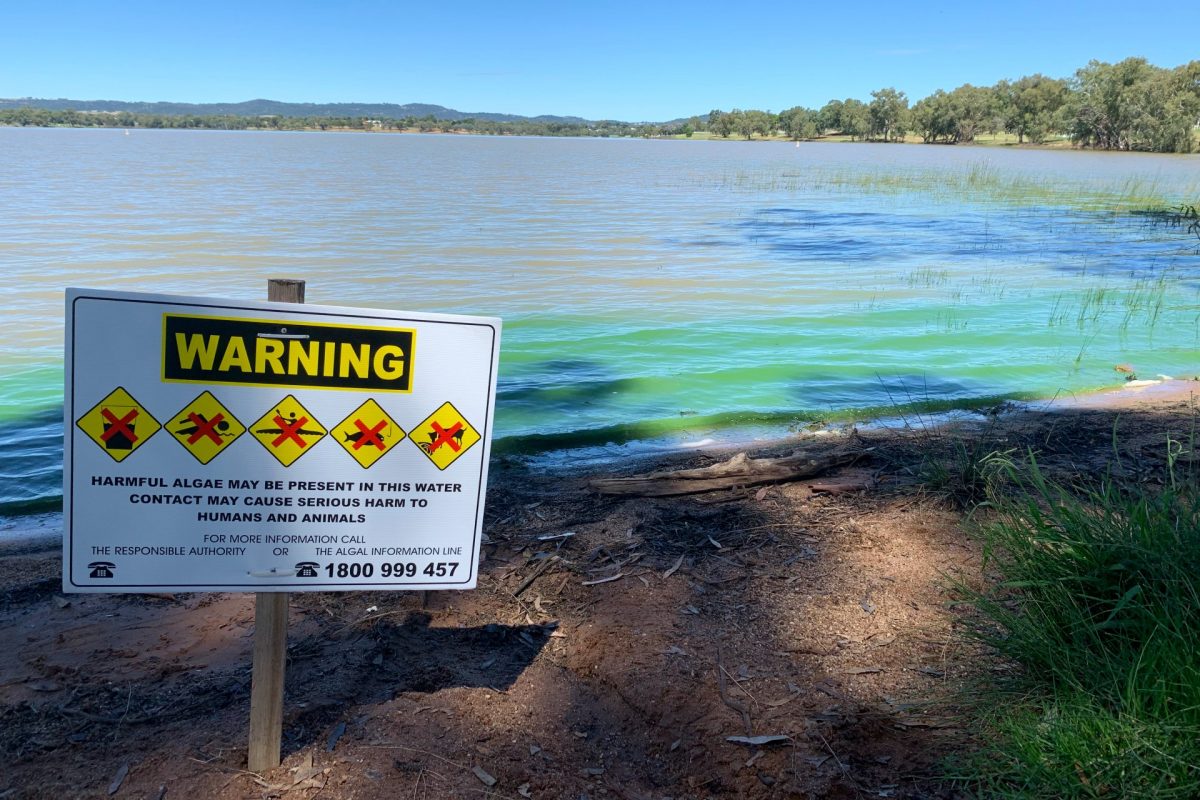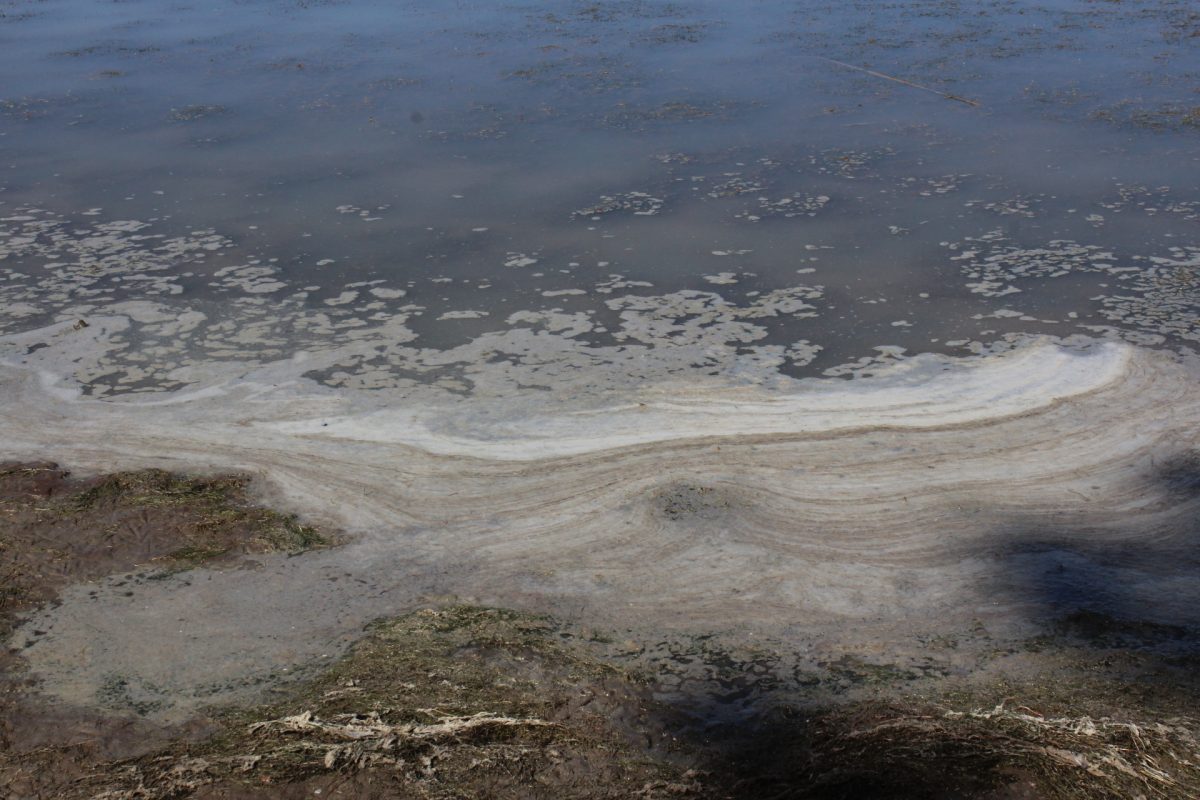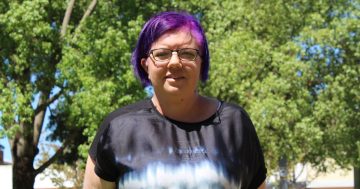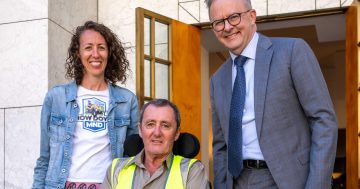
Lake Albert was closed for four months this year due to blue-green algae. Photo: City of Wagga Wagga.
Just days after returning to Macquarie Street, the new State Labor Government has delivered $2 million for “urgent” research into the connection between blue-green algae and high rates of motor neurone disease (MND) in the Riverina.
A study by scientists from Macquarie University’s Centre for MND Research collapsed last year when their funding ran out.
“This research should never have stopped. We are talking about people’s lives,” said Murray MP Helen Dalton, who applauded the decision.
“I’m very glad this new Government has agreed to provide this additional funding. It is urgently needed.”
MND is a progressive condition that damages a person’s nervous system, causing sufferers to lose their ability to walk, speak and even breathe, before they ultimately lose their life.
About 800 people are diagnosed with MND in Australia each year with up to 90 per cent of cases believed to be triggered by environmental and lifestyle factors.
If this is proven to be the case, and the cause can be identified, then researchers believe it could be possible to largely eradicate the disease.
An initial study in 2015 found the rate of MND in the Riverina was seven times higher than the national average and local waterways including Lake Wyangan near Griffith were identified as a possible cause.

Lake Wyangan water pollution in 2020. Photo: Oliver Jacques.
International studies have suggested a link between MND and prolonged exposure to blue-green algae in waterways and the Macquarie University team was hoping to explore a possible link between algal blooms, pesticides and metals and MND rates.
Researchers were forced to abandon their research last year after repeated appeals for ongoing funding from the NSW government, even speaking directly to former NSW health minister Brad Hazzard, without success.
NSW Health does not classify MND as a ‘notifiable disease’, meaning it is not obligated to record and monitor cases.
The Macquarie University research indicated that Wagga, Leeton, Coffs Harbour, Tamworth and Port Macquarie were also hotspots for the disease but a link to blue-green algae has not been conclusively proven.
“We must give the researchers the resources they need to understand the impact blue-green algae may be having on so many lives,” Ms Dalton said.
“This connection shouldn’t be a mystery and if we are going to address this problem, the first step is to understand the problem.”
While it is not guaranteed that the money will go to the resumption of the Macquarie University study, NSW Health confirmed that they would allocate funding following a merit-based assessment.
Original Article published by Chris Roe on Region Riverina.











